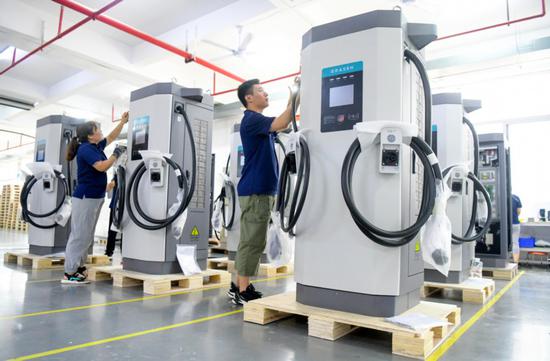
Factory workers at a charging pile manufacturer in Luoyang, Henan province, inspect EV charging piles. (Photo/China Daily)
Chinese charging pile companies have advantages in the supply chain, technology innovation and cost, leading to high demand in overseas markets, industry experts said.
With emissions regulations tightening, the transition to vehicle electrification is unstoppable worldwide. While new energy vehicles are becoming more prevalent globally, some regions are struggling to keep up with the infrastructure needed for charging.
A McKinsey report showed that the widespread availability of charging stations is now a key factor for consumers considering NEV purchases.
According to research by Shine-Global, Europe accounts for more than one-third of global EV sales, but its number of charging stations constitutes less than 18 percent of the global total. The annual growth rate of charging stations in the EU has been consistently lower than the growth rate of EVs. On average, the EV-to-charging-point ratio in the EU is 13:1.
Meanwhile, the United States' market is even worse with the ration around 30:1. To meet the charging needs of 2030, the US must triple its charging station growth rate over the next seven years, as it requires a minimum of 50,000 piles annually, research shows.
According to AFDC data as of January, there were 44 charging operators in the US, with Charge-Point, Tesla and Blink collectively owning 67 percent of the piles.
China, as the world's largest NEV market, owns the world's largest and most diverse charging infrastructure system. According to data from the Ministry of Public Security, by the end of 2023, China had 20.41 million NEVs and 8.6 million charging piles. It resulted in a ratio of vehicles to charging piles of about 2.4:1. For public charging piles, the ratio was around 7.5:1.
Seeing vast overseas market potential, Chinese charging pile companies have expanded into the European and American markets in recent years.
Data of China's largest cross-board e-commerce platform, Alibaba, shows that in the first week of March 2023, overseas demand for charging piles on its international platform rose by 218 percent compared to 2022. In response, Alibaba set up a dedicated section for charging piles, with 295 domestic companies joining.
Vremt, a new energy supplier owned by Geely, has partnered with Alibaba's international platform, focusing on new energy charging piles in overseas markets.
"Domestic charging piles have accumulated significant advantages in technology and product innovation, making them increasingly favored by overseas buyers," said Ye Quanhai, founder of HICI Digital Power Technology.
Innovative features such as temperature monitoring, illuminated charging cables and charging piles with automatic functions led sales on Alibaba's international platform.
Zhang Hong, a member of the expert committee of the China Automobile Dealers Association, said: "China's charging pile industry has a complete supply chain and significant cost advantages. The quality and reliability of Chinese charging piles have been widely recognized, surpassing many overseas brands."
Overseas charging piles of the same power are priced several times higher than those in China. For instance, a 120 kilowatts DC charging pile overseas costs around 464,000 yuan ($64,000), significantly more than the 30,000 to 50,000 yuan price range in China, according to a report of Industrial Securities.
Liu Kai, director of the China Electric Vehicle Charging Infrastructure Promotion Alliance, said that domestic charging pile companies must understand the policies, technologies, standards, regulations, certifications and after-sales requirements of their target overseas markets.
Zhang pointed out challenges in exporting charging pile products, such as policy restrictions similar to those for electric vehicles. Additionally, the need for localized services poses challenges, given the dispersed customer base.
The companies should tailor their export strategy accordingly, possibly by establishing local factories or collaborating with local companies for key components, Liu said.








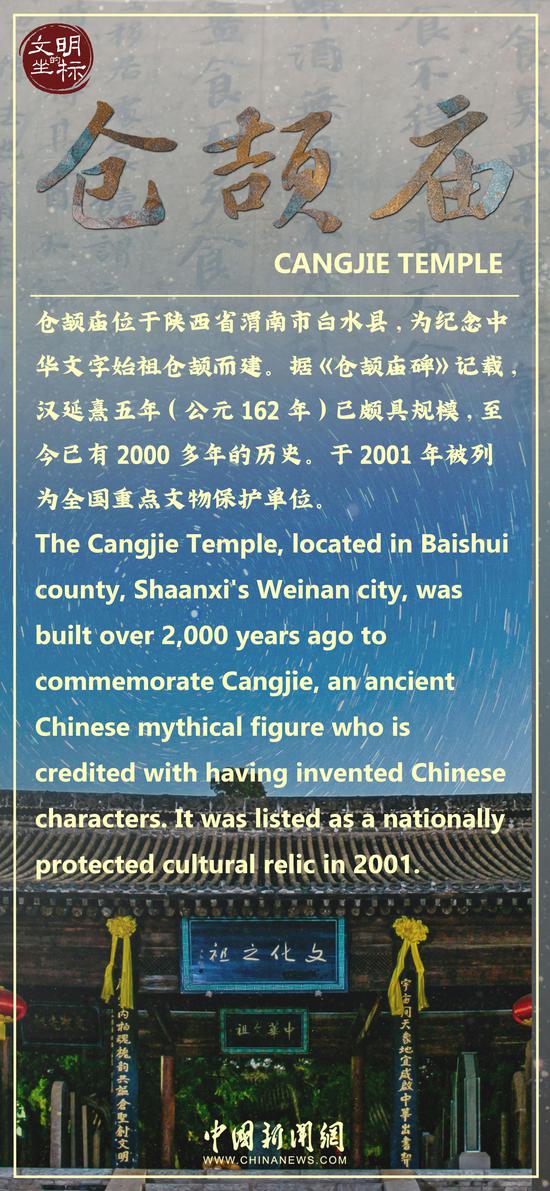
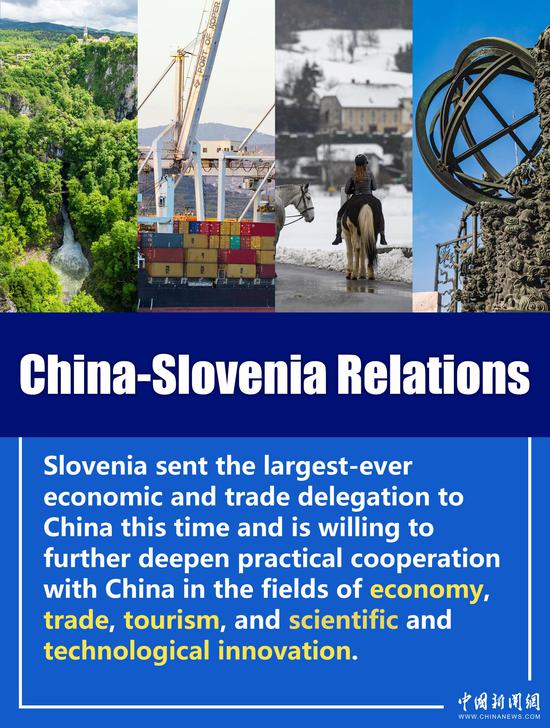
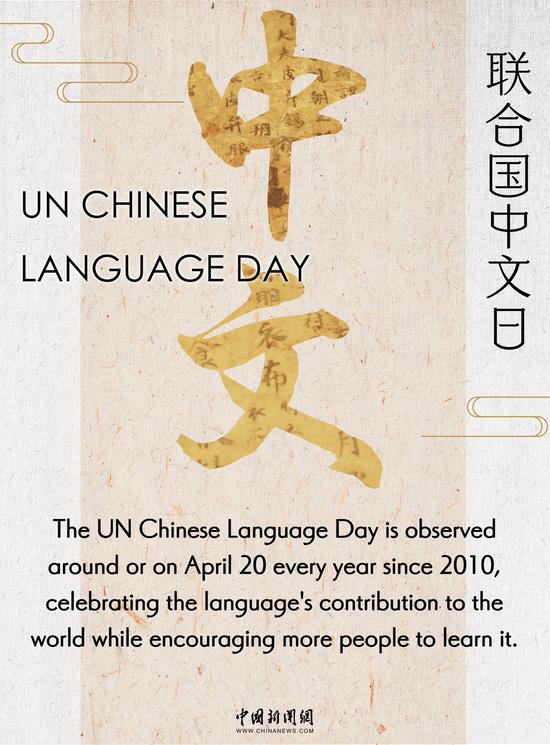
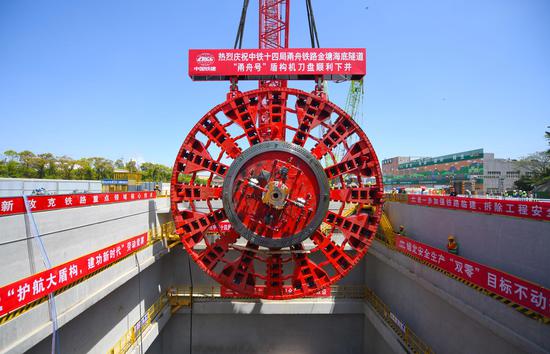
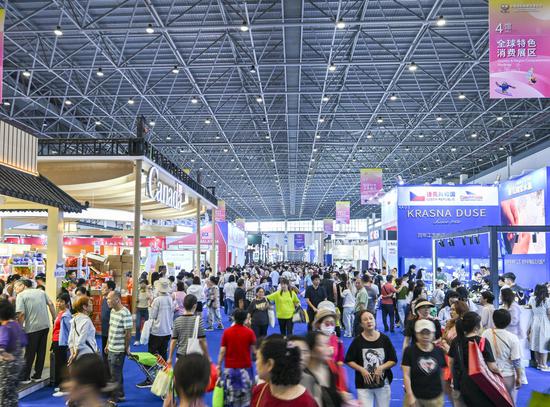


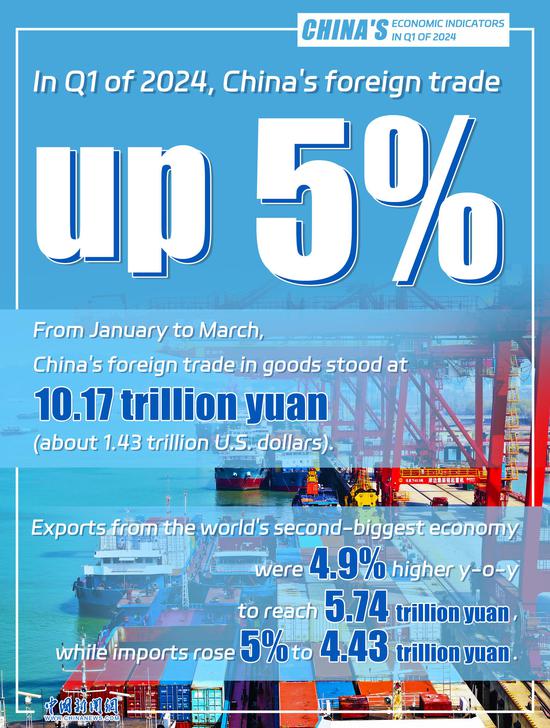





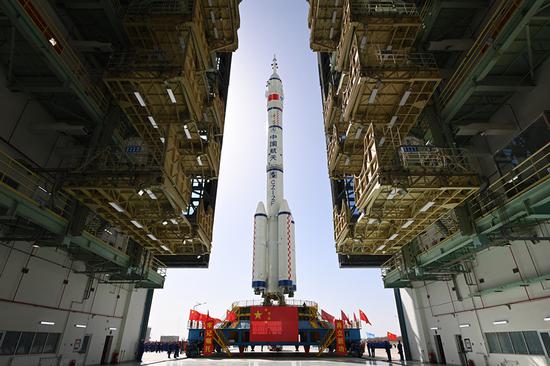



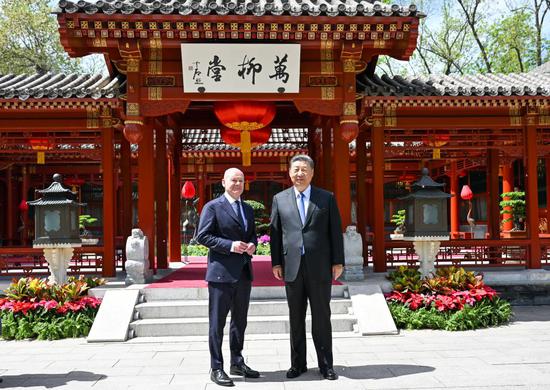
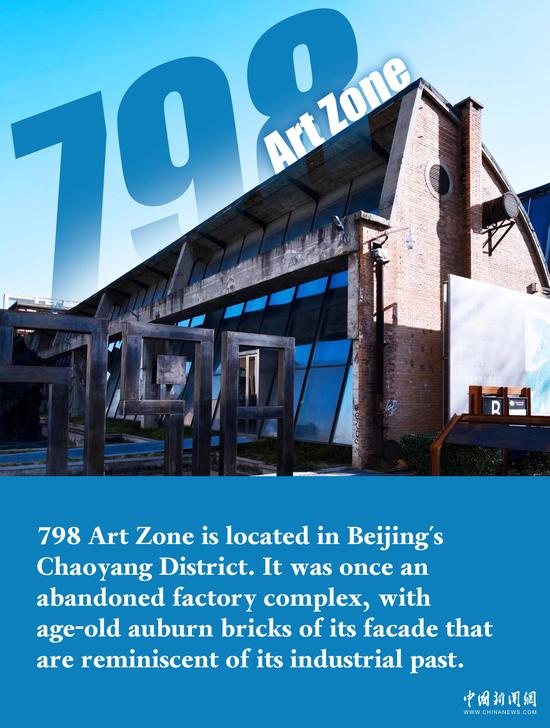


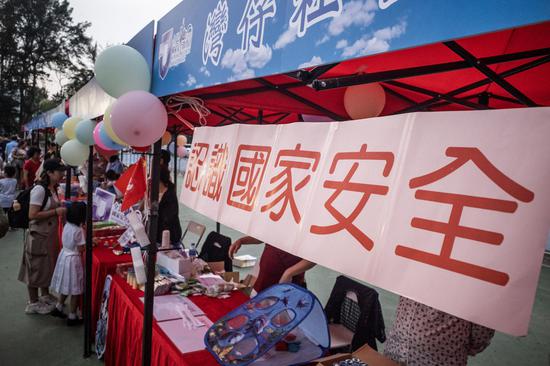
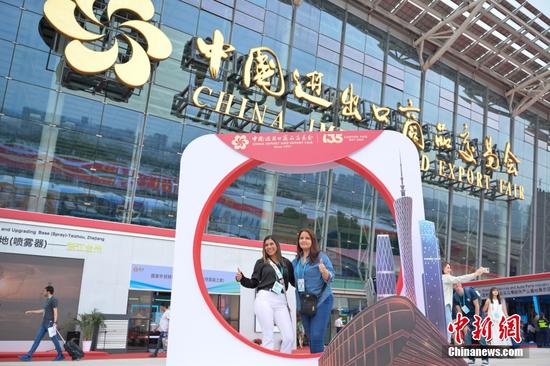


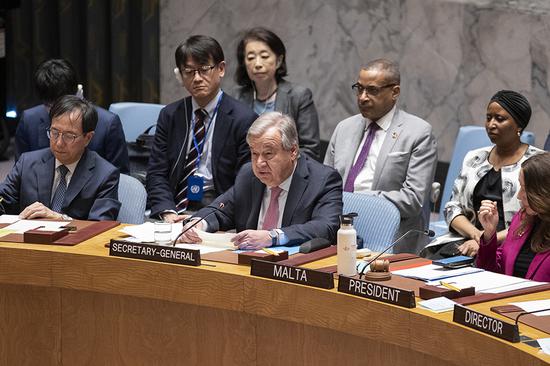
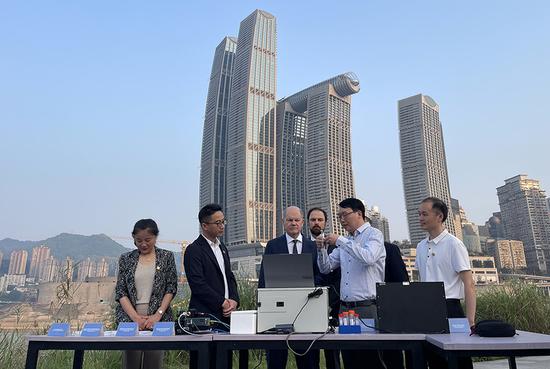
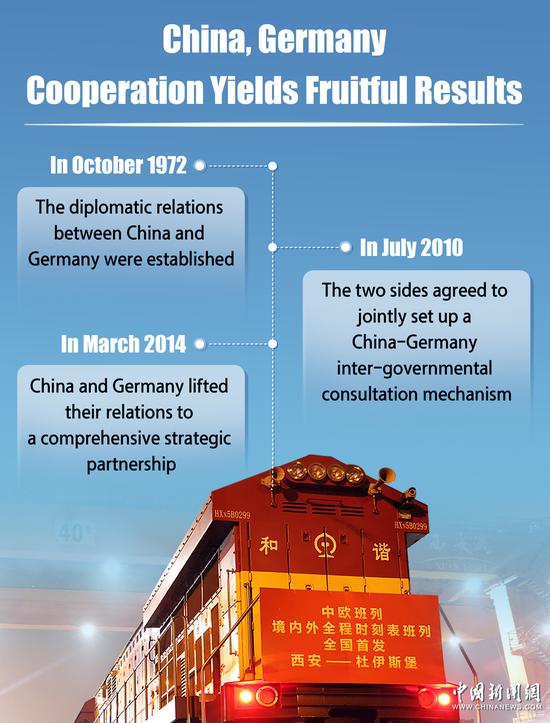

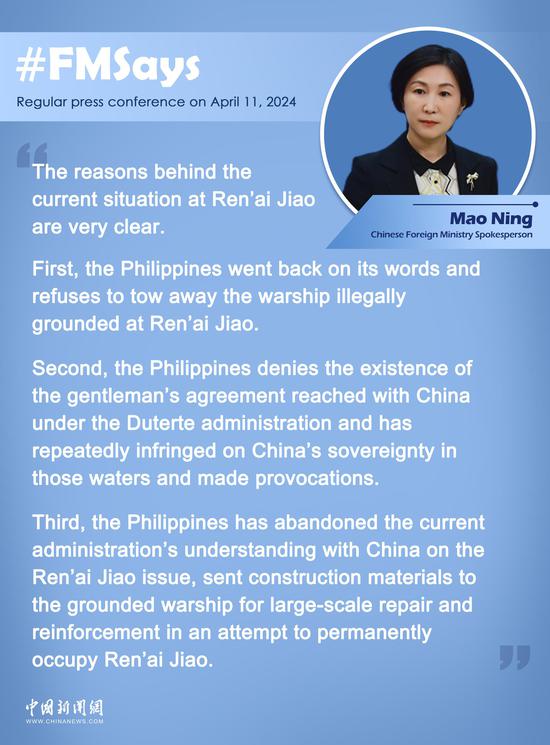
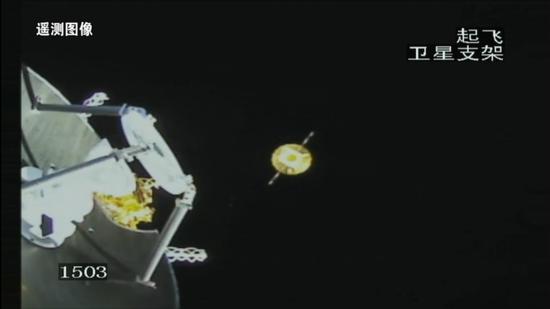
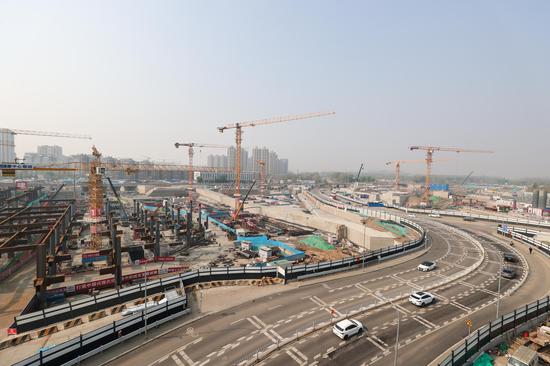

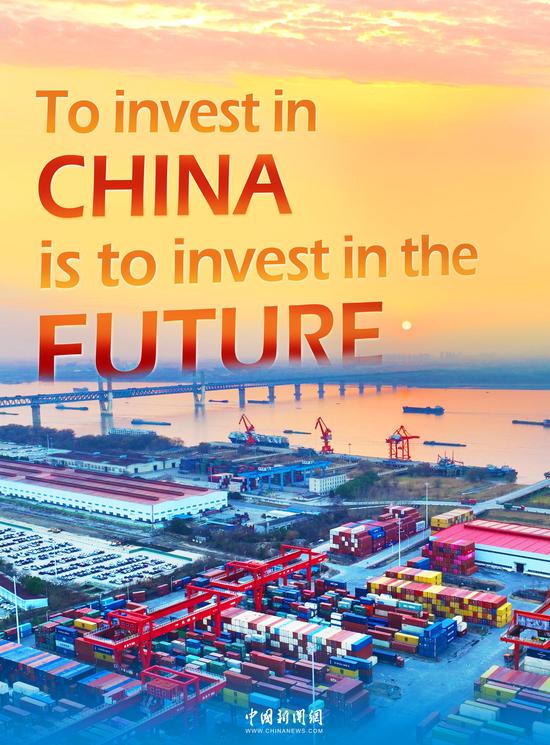
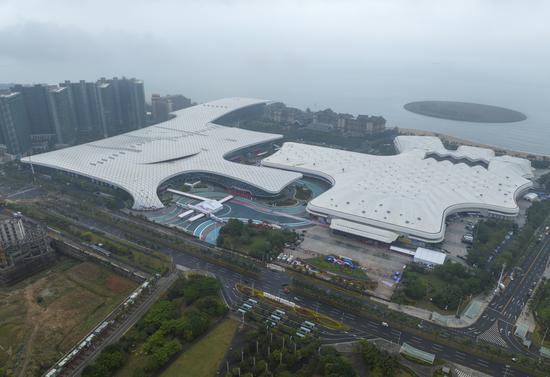







 京公网安备 11010202009201号
京公网安备 11010202009201号